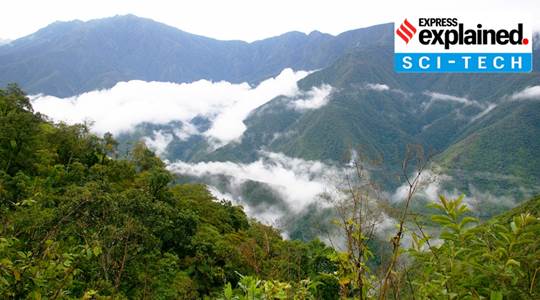Free Courses Sale ends Soon, Get It Now


Free Courses Sale ends Soon, Get It Now



Copyright infringement not intended
Context:
Consultancy group Jigsaw Foresight and The Law Society of England and Wales, in their report published in August 2022 titled ‘Law in the Emerging Bio Age’, have proposed giving legal rights to plants, animals, and non-living entities is crucial to building meaningful human-environment relationships in the future.
Details:
The report focused on rapid developments in biotechnology and the need to understand its ethical consequences on humanity’s relationship with the environment.
What is the “bio age”?
Ecuador: The first country in the world to recognise the rights of nature
Bolivia: Establishing the Law of Mother Earth
New Zealand’s Whanganui river: First in the world to be given legal status
Where does India stand?
How does granting legal rights help?
© 2024 iasgyan. All right reserved